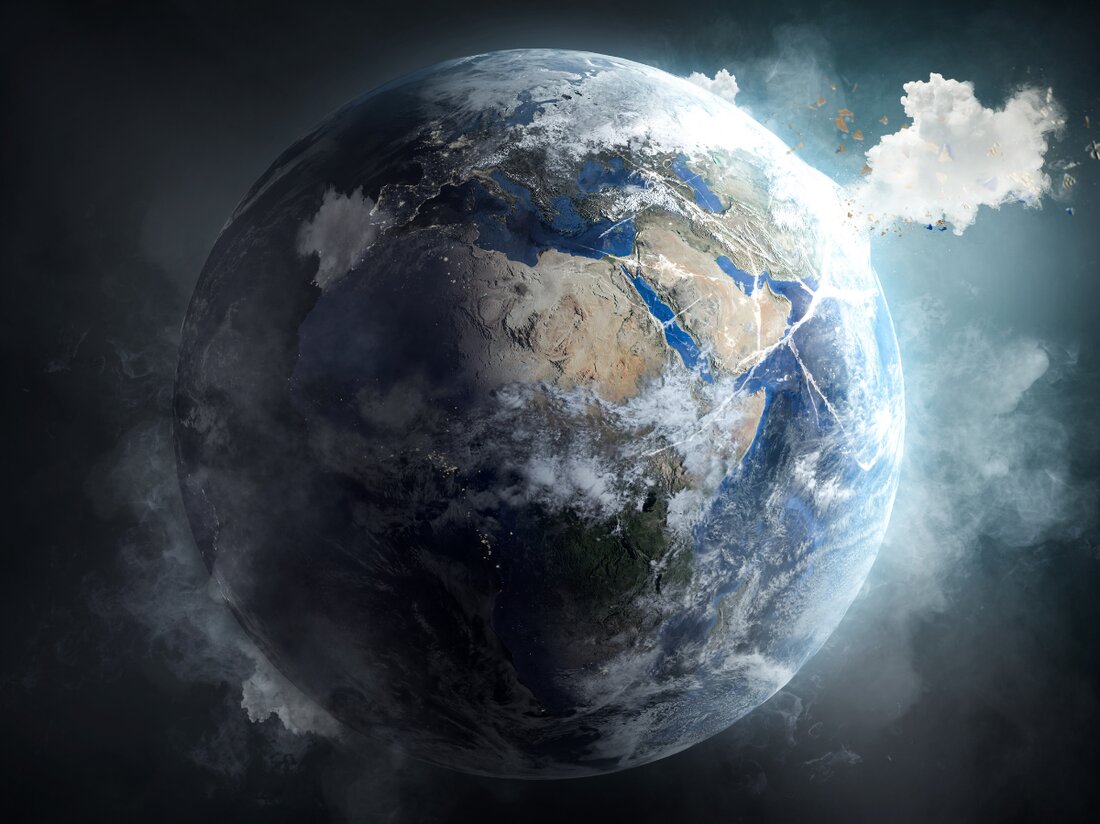The climate revolution: ICJ declares states to be legal climate guardians!
In 2025, the International Court of Justice reaffirmed that states have a legal obligation to take climate action.

The climate revolution: ICJ declares states to be legal climate guardians!
The climate policy decisions of the last few months leave no doubt that the pressure on governments worldwide is increasing. On July 23, 2025, the International Court of Justice (ICJ) found in a groundbreaking opinion that states have an obligation to take active action against climate change. This decision follows an extensive campaign by Pacific island countries, led by Vanuatu, and was initiated by UN General Assembly Resolution 77/276 of March 2023. Over 100 countries and organizations participated, making this expression the most comprehensive of its kind to date, as taylorwessing.com reports.
All 15 judges of the ICJ agreed on their key points: The fight against climate change is not a mere political recommendation, but a legal obligation in international law. In addition to the three well-known climate treaties—UNFCCC, Kyoto Protocol and Paris Agreement—other international laws also form the legal framework that obliges states to prevent significant environmental damage.
Obligations and rights
One of the key findings of the ICJ opinion is the recognition of a new human right: the right to a clean and healthy environment. This right is not only crucial to other human rights, but also highlights the Paris Agreement's 1.5 degree target as a primary objective. Furthermore, states must apply a rigorous standard of care in their climate action, taking into account their own capabilities and responsibilities.
The fact that the challenge is not easy is also confirmed by the rulings of national courts in Europe, such as the Dutch Supreme Court, which called for a 25% reduction in emissions by 2020, or the Belgian court, which ordered a 55% reduction by 2030. These trends show that the ICJ supports a broad movement to strengthen climate commitments and corporate responsibility.
Humanitarian challenges in the Gaza Strip
As if the climatic challenges were not enough, the ICJ recently also made a decision in another sensitive context. He noted that Israel, as an occupying power, is obliged to meet the basic needs of the civilian population in the Gaza Strip. This means that humanitarian aid deliveries, particularly through UNRWA, must be supported. Despite the repeated allegations against some employees, Israel has not proven that they are linked to the terrorist organization Hamas, according to ICJ statements, as reported by aljazeera.com.
The ICJ's assessment that starvation should not be used as a method of warfare is at the center of the current political discussion. While Israel uses humanitarian aid as a means of pressure against Hamas, the situation in the Gaza Strip is perceived by the international community as a humanitarian catastrophe. This illustrates the complexity of the situation, which not only has climatic but also very current geopolitical dimensions.
In summary, the ICJ's current decisions affect both climate policy and humanitarian principles. The growing commitments of states in the area of climate protection could also have far-reaching consequences for the use of fossil fuels and corporate responsibility. At a time when global challenges are closely linked, it is essential that we as a community find solutions that focus on both people and nature.

 Suche
Suche
 Mein Konto
Mein Konto